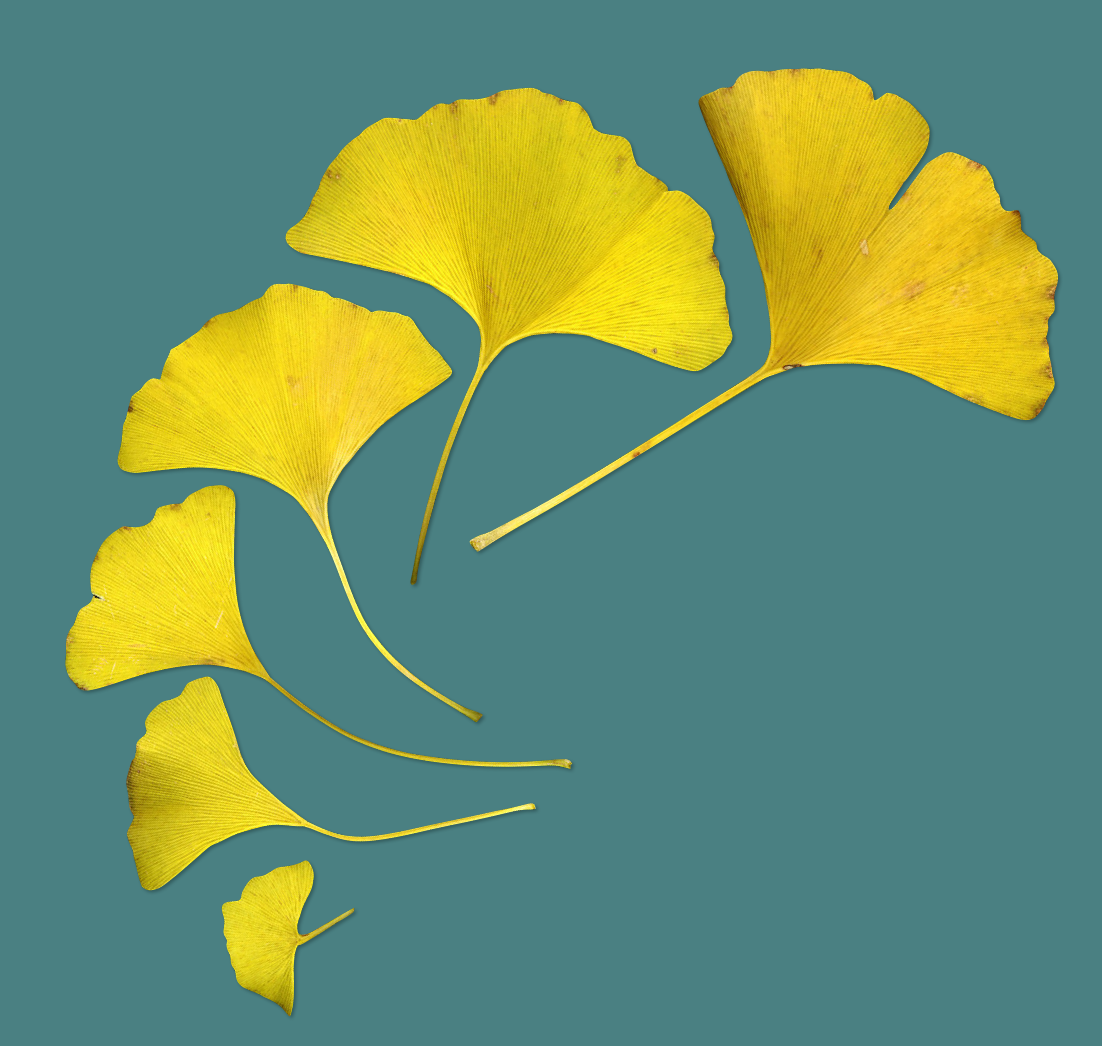Remember Rosemary
Rosemary is one of those everyday herbs, that we can take for granted and overlook for more glamorous ones. It grows in the garden and looks pretty, smells nice and makes a good seasoning for roast lamb. But there is so much more to this wonderful herb. It comes from the mint family, and is native to the Mediterranean region, as well as South America.
You may have heard of the saying “rosemary is for remembrance”. That is because rosemary has long been known for helping with memory. And studies do confirm this traditional use. But first, I want to share about how it can help energetically.
Rosemary is warming and grounding. It can help people who have a tendency to ‘leave their body’, be ungrounded, flighty. Steiner recommended rosemary to help stimulate an inner strength particularly for children who are sluggish or slow. He said it provides a sense of protection for a dreamy child to feel safe to engage in the world. It enlivens the circulation, brings one to life.
Kiva Rose, an American herbalist, has said that Rosemary is a nervine with both relaxing and stimulating qualities useful for both depression and nervousness. She has said it can be good for cold, sad people, warming them up and bringing them into the present.
We know rosemary awakens clarity of thinking, but it may also protect brain health and support brain recovery after conditions such as stroke. It may even be protective against conditions like Alzheimer’s. Studies are limited, but animal studies have been promising. One human study in 66 industrial employees showed that those who drank rosemary tea daily for a month felt less burnt out at their jobs than those who didn’t. Another human study showed that rosemary in capsule form helped reduce anxiety and depression, and improve memory and sleep quality.
But Rosemary is not just good for the brain. It’s warming, stimulating qualities also make it good for the heart, the eyes and the digestion. It may even help boost the metabolism.
It can be as simple as going into the garden, or wherever you can find rosemary- it’s everywhere- and rubbing some leaves and smelling them, for a pick-me-up.
You can make rosemary tea by putting fresh or dried rosemary into hot water, letting it steep- but covered, to help prevent the escape of the essential oils. Add honey if desired. Drink 1-3 cups daily. You can even mix it with other tea, even black tea.
You can try rosemary in a wide variety of culinary dishes. It goes well with lamb, fish, eggs and potatoes. YOU can make rosemary salt, and rosemary honey.
You can also use the essential oil of rosemary in your home. I often use a few drops of rosemary essential oil on the swiffer mat to wash the floor, to spread the spread of rosemary, which is also a disinfectant, throughout the house. You can add a few drops to your cleaning products. It is a great oil to vaporise in the morning to help wake up, or in the afternoon in the office when sleepiness creeps in.
Rosemary extract is a common ingredient in both brain and memory supplements, and cardiovascular supplements, because of its benefits.
I have been drawn to rosemary this past winter for its warming and stimulating qualities, and have used it frequently in cooking.




